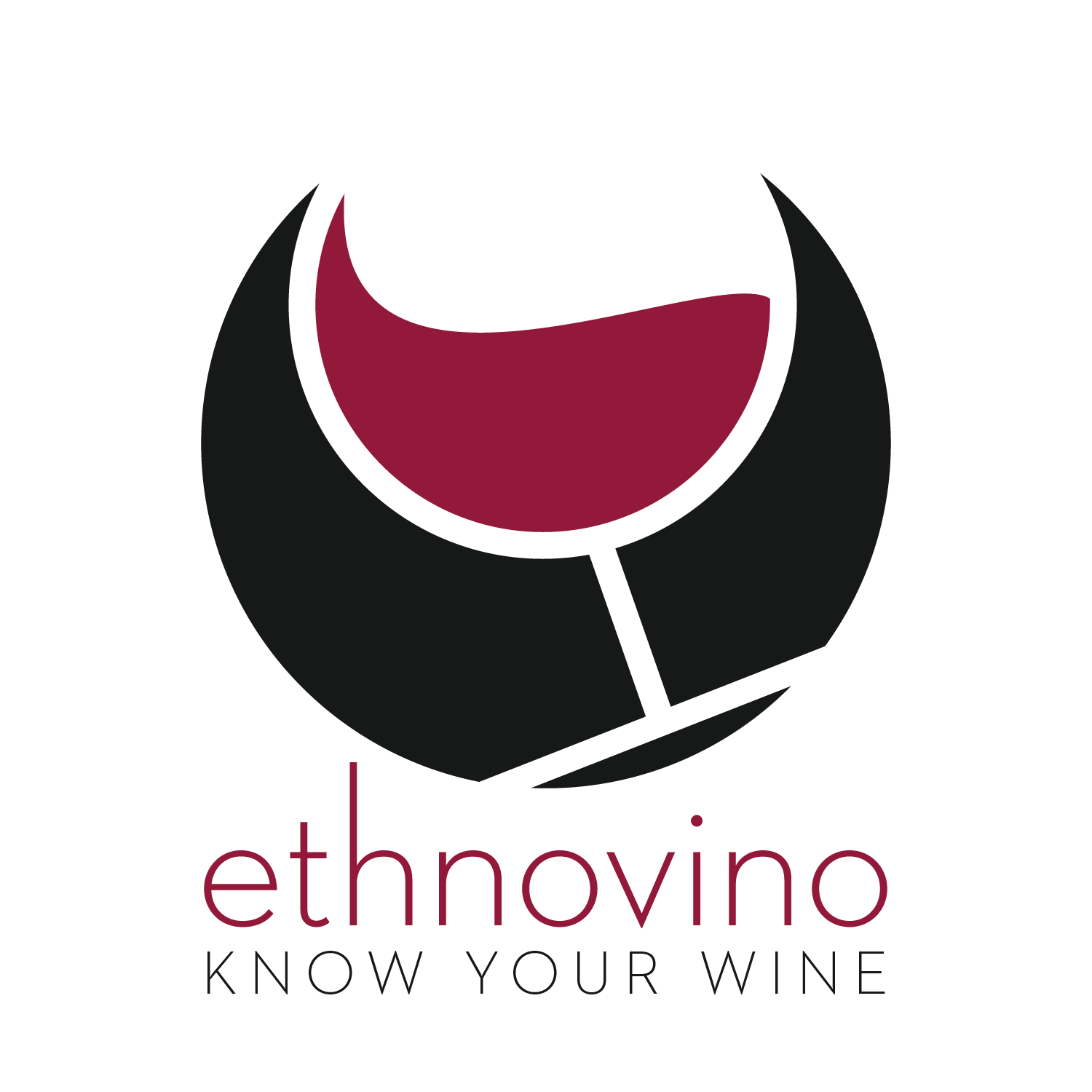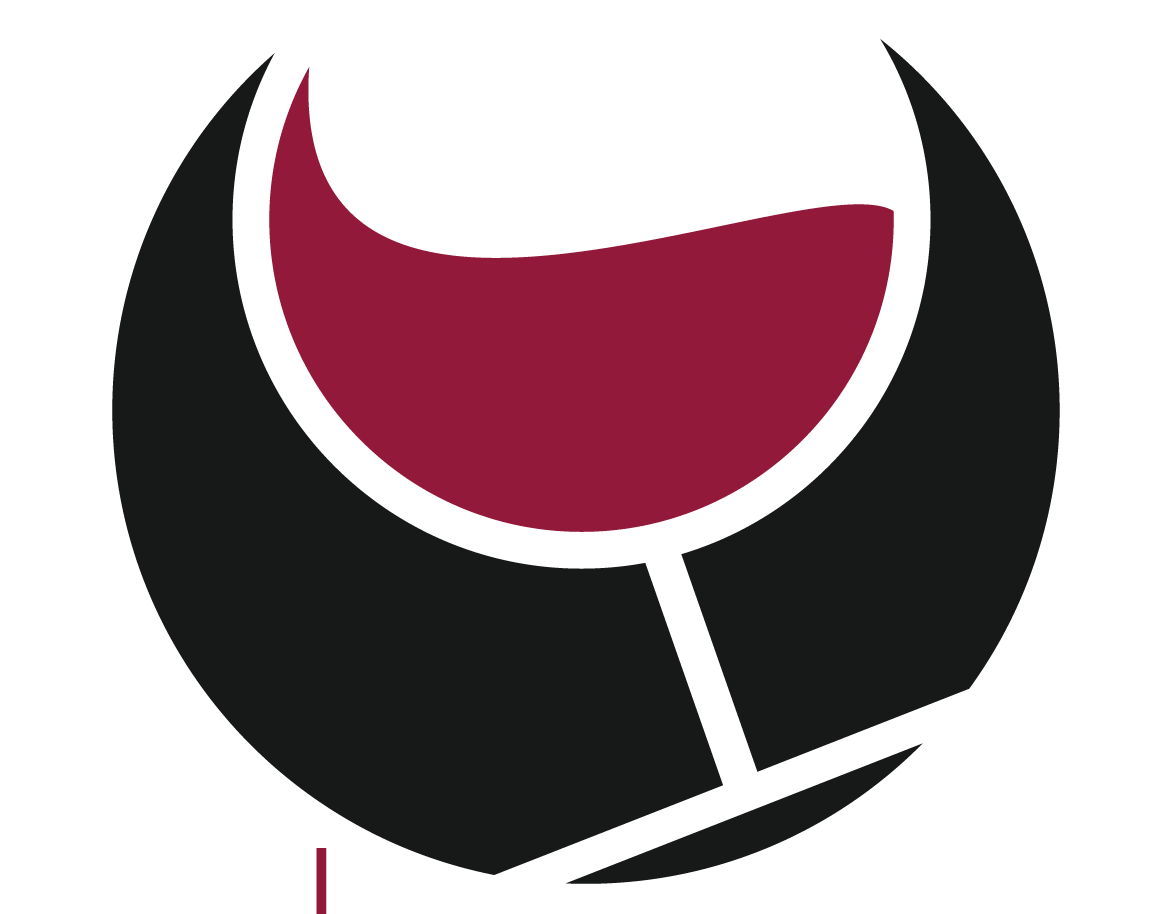Don’t be fooled by a wine’s label. You should be able to find all the information you need on the back.
You need to look for:
- The producer’s name.
- Wine’s vintage.
- Region.
- The varietal of the wine.
- Wine’s alcohol content.
- While you’re at it, check out serving temperature suggestions.
Be wary of labels that are trying too hard to convince you of their quality.
As an investor, you should be wary of investing in wines that have labels that are trying too hard to convince you of their quality. Try to choose wines with a simple label. Ones from smaller wine producers. Wine marketing is one of the most powerful forces in the world, and as such, it can be very tempting to spend your money on something that could lead you down the wrong path.
Find the lowest price for your target wine.
When we were first introduced to wine, it was a daunting prospect. The world of wine can be overwhelming, especially if you don’t know what to look for and what to do if you find something that interests you.
We understand the confusion of the initial foray into wine buying. We’ve been there and done that. So here’s our advice:
- Start with one wine, no matter how big or small your interest is in wine. It might be a Cabernet Sauvignon from Napa Valley or a Merlot from Stellenbosch. Once you get the hang of knowing what to look for in a bottle (and not just price), you’ll be more excited about buying other products that go well with wine.
- Read magazines, blogs, and websites like CELLAR254 for advice on how best to shop for wines. This way, you get the best results at the lowest prices possible at your local store or online website.
- Buy wines by variety instead of by brand name. Unless you know exactly which ones fit your tastes, always ask before purchasing any bottles by looking at their labels.
Choose producers with a good reputation and a history of quality.
The next thing to do is learn about the producers. Who makes the wine being reviewed? Which producers have a good reputation and history of producing quality wines? What’s their track record for selling their products at a profit? If they can’t sell the wine they make now, they’re probably not going to be able to sell it in three years.
Buy wines that gain value over time.
The most important rule when investing in wine is to treat it as a long-term investment. As with other investments, there will be ups and downs. You may not see an immediate return on your investment. For example, wines that require cellaring and gain value over time (like many Bordeaux reds) will be among the more expensive wines you should buy. They can sometimes require years of cellaring before they are ready to drink. Additionally, if you purchase a case containing multiple bottles of wine, consider selling only one or two bottles at a time so that the rest continue to age and increase in value.
Wine also has more factors than other forms of collectible investments – like paintings or stamps – which makes it difficult for buyers to truly know what they are buying. Many wines can appreciate in value over time but some will decrease in value. Make sure you have someone to guide you to discern between the two.
It is important to do your research when buying wine as an investment and make sure you are buying something that is likely to appreciate in value over time. A bottle of Chateau Petrus 2005 would be an excellent choice if you have half a million dollars sitting around doing nothing, but perhaps not so much if your budget is $500 per bottle!
Wines can be an excellent investment because they hold their perceived value over time and also tend to appreciate in value.
If you’re the sort of person who likes to drink wine, investing in a quality bottle can be an interesting way to make some extra cash. Whether you buy at auction or from your local wine shop, there’s a good chance that your investment will hold its value over time. Even better: Since you’re drinking it for enjoyment, it’ll taste even better as the years pass by.
A bottle of wine usually starts out cheap and then slowly appreciates with age. However, probably due to the fact that a good bottle will cost around Kshs. 2500-Kshs. 15,000, people aren’t always educated enough on how to correctly price wines and what they should be willing to pay for them.





